What is H4CBD?
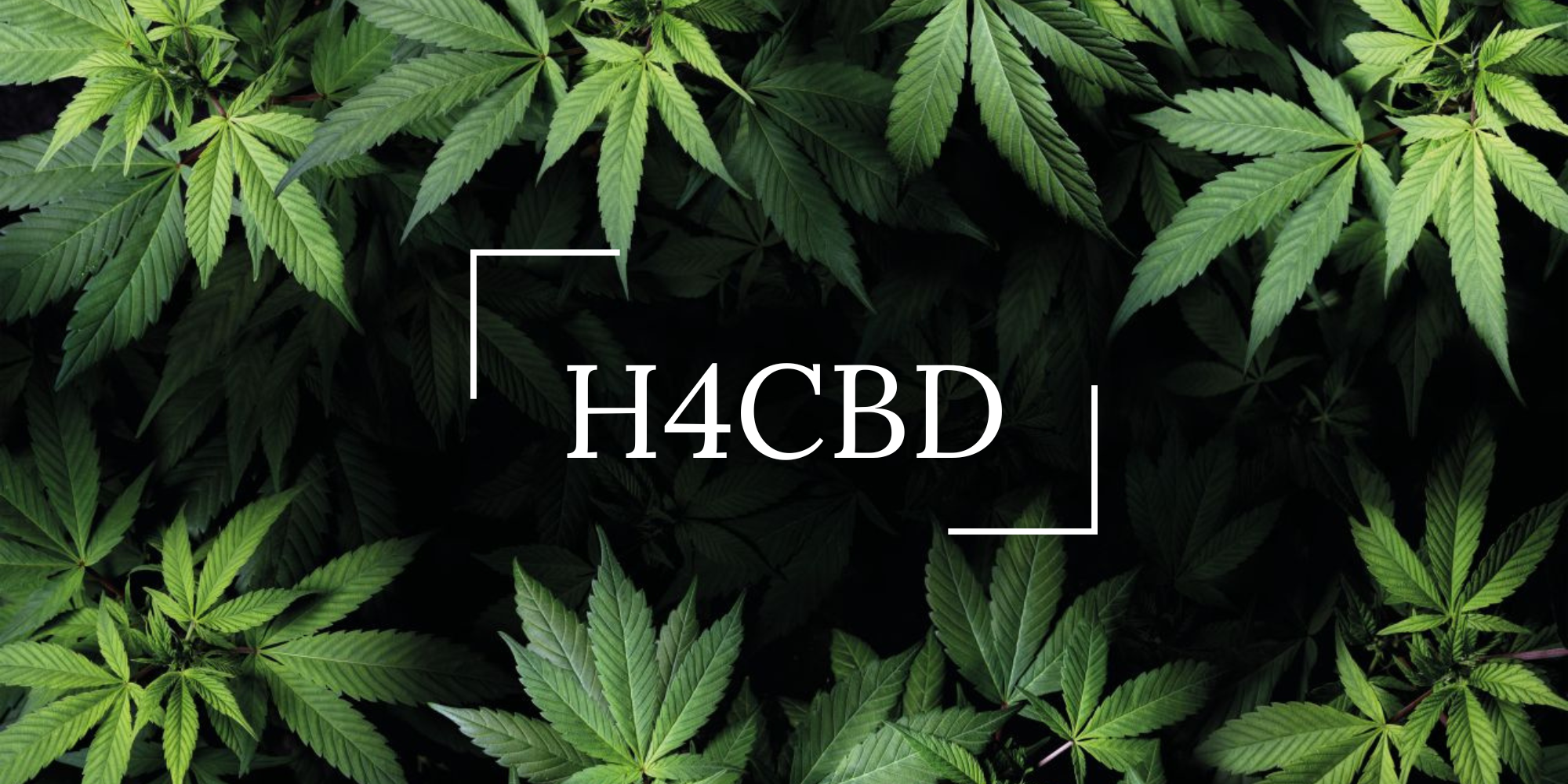
UPDATE 03/06/2024: H4CBD is now illegal in France and listed as a narcotic.
Why the sudden interest in H4CBD? The arrival of HHC (hexahydrocannabinol)first in the United States, then in the rest of the world, and more particularly in CBD shops in France, marked a real turning point. Synthetic cannabinoids are no longer seen as drugs, as was the case with JWH-018 (Spice), to name but one, but simply as man-made molecules designed to mimic the action of natural cannabinoids, without wanting to break consumers' skulls at all costs.
However, HHC remains illegal in France due to its nature, its psychoactive effects and its molecular structure, derived from Delta-9-THC. H4CBD, also known as Hydrogenated Cannabidiol, has been synthesized from good old CBD and bears no resemblance to THC, making it fully legal. You may all be wondering, what is H4CBD and what does it do?
What is H4CBD?
H4CBD or Tetrahydrocannabidiol (TH-CBD) - not to be confused with tetrahydrocannabinol (THC) - is a synthetic cannabinoid created from cannabidiol in the laboratory. The term "synthetic" means that it is not produced by hemp naturally. Discovered in 1940 by the Todd Group, a pioneering group of cannabis researchers responsible for the identification of dozens of cannabinoids and the creation of dozens more, THC has been back in the spotlight in the U.S. and now France.
Just as HHC is obtained by hydrogenating THC and adding two hydrogen atoms, H4CBD is obtained by incorporating 4 hydrogen atoms into CBD molecules. The process of making hydrogenated cannabidiol can be compared to the production of margarine by hydrogenating vegetable oil. At present, there is no reason to believe that hydrogenation has a negative impact on concentrated extracts.
Manufacturing: H4CBD vs HHC
H4CBD is a "clean" molecule, unlike HHC. Although the hydrogenation process is almost identical in theory, in practice it is not. Since THC is totally illegal in the European Union, HHC has to be synthesized from a variety of substances, using numerous solvents that are extremely hazardous to health, in order to recreate THC and then hydrogenate it. TH-CBD, on the other hand, can be hydrogenated from cleanly extracted CBD molecules, and is totally legal in the European Union. This makes a big difference to the quality of the final product!
What are the effects of H4CBD?
In fact, most of the information we have on the effects of H4CBD comes from a single study. In 2006, a research team led by Shimon Ben-Shabat determined that hydrogenated cannabidiol had the same broad spectrum of properties as CBD. It could act as a natural analgesic, reduce inflammation, regulate mood, relieve anxiety and stress, improve sleep quality, reduce convulsions in epilepsy sufferers and even have anti-tumor properties.
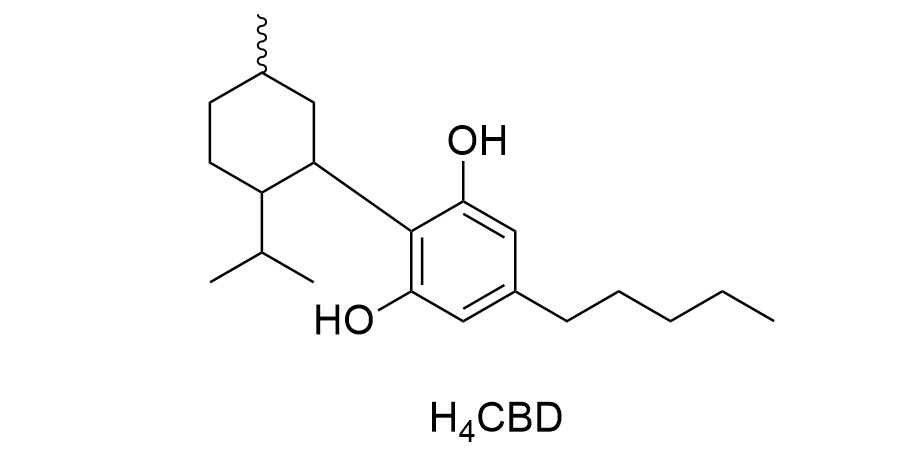
Property: H4CBD vs CBD
H4CBD differs from CBD in that it is a synthetic form of the natural cannabinoid. However, it is difficult to directly compare the two cannabinoids due to their differences. Consumers should not consider H4CBD as an alternative form of CBD, but rather as a new experience.
Its main distinction from CBD, apart from its molecular structure, lies in its interaction with the receptors of our endocannabinoid system. Whereas cannabidiol binds mainly to the CB2 receptor, responsible for the latter's benefits, while blocking CB1 receptors, H4CBD has as much affinity with the CB2 receptor as CBD, but is more likely to activate the CB1 receptor, thus providing a much more pronounced feeling of well-being and euphoria, with faster assimilation.
According to some, H4CBD is 100 times more potent than CBD and remains in the body 3x longer. Of course, these figures should be taken with a grain of salt. Some consumers will say they feel "calm" and "composed" after consuming hydrogenated cannabidiol, without experiencing the slightest psychoactive effect, as some websites would have you believe in order to sell more. In short, H4CBD seems to affect consumers in the same way as CBD, but with greater intensity!
Jack Herer 20% H4CBD
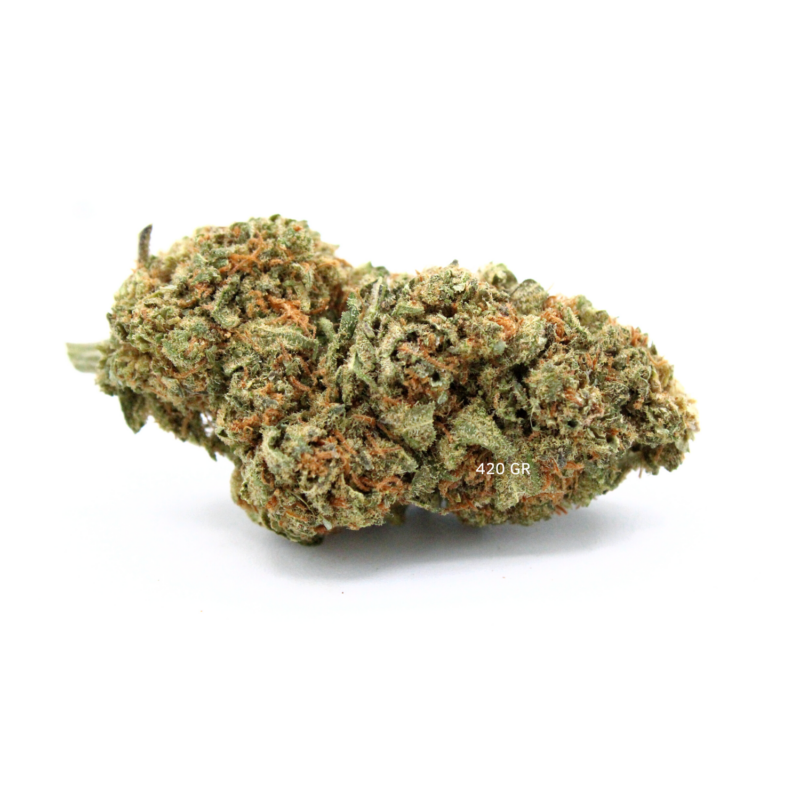
Le Rifain 30% H4CBD
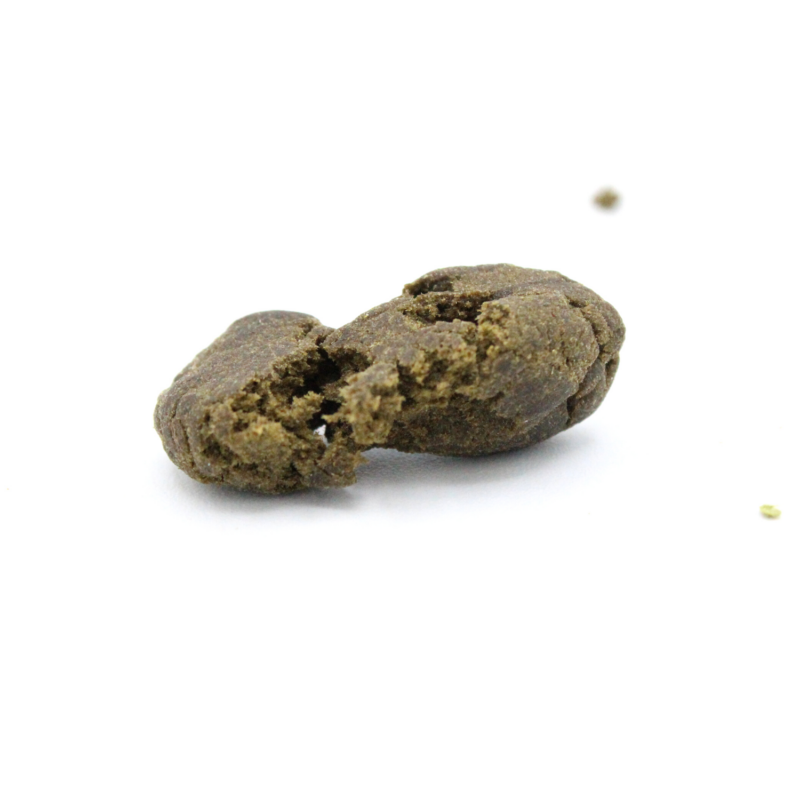
Exodus Cheese 21% H4CBD
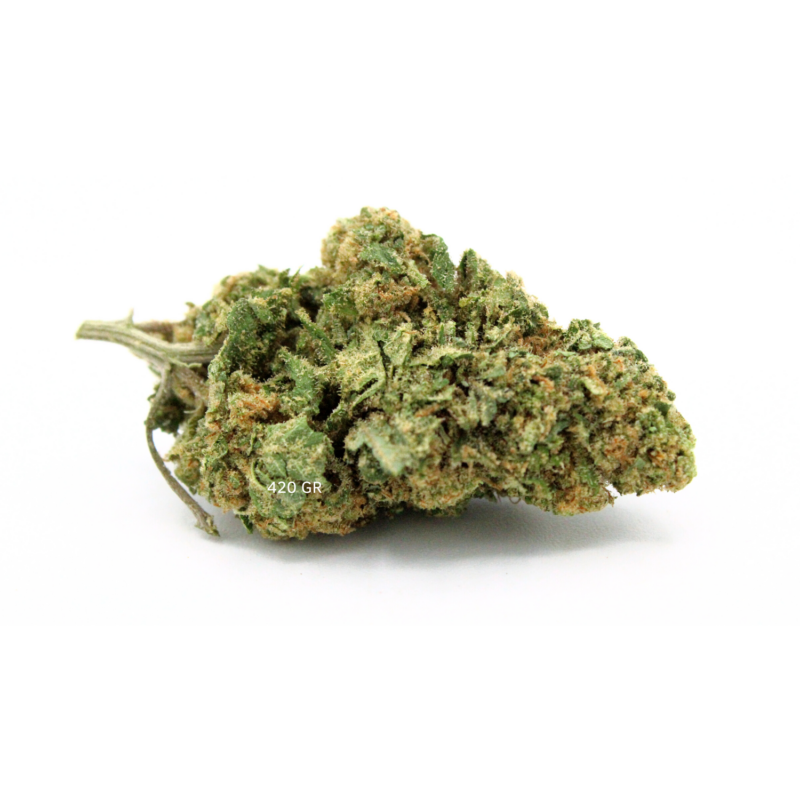
Is H4CBD legal in France?
We're not going to beat about the bush, as my grandmother would say. Yes, H4CBD is totally legal in France, and unlike HHC, it doesn't use any legal loopholes to claim that it is. Non-psychoactive, non-addictive and with a "clean" manufacturing process, it cannot be classified as a narcotic. Nevertheless, its synthetic nature could one day make it illegal in France, if the state were to legislate comprehensively on the consumption of synthetic cannabinoids, notably because of HHC.
